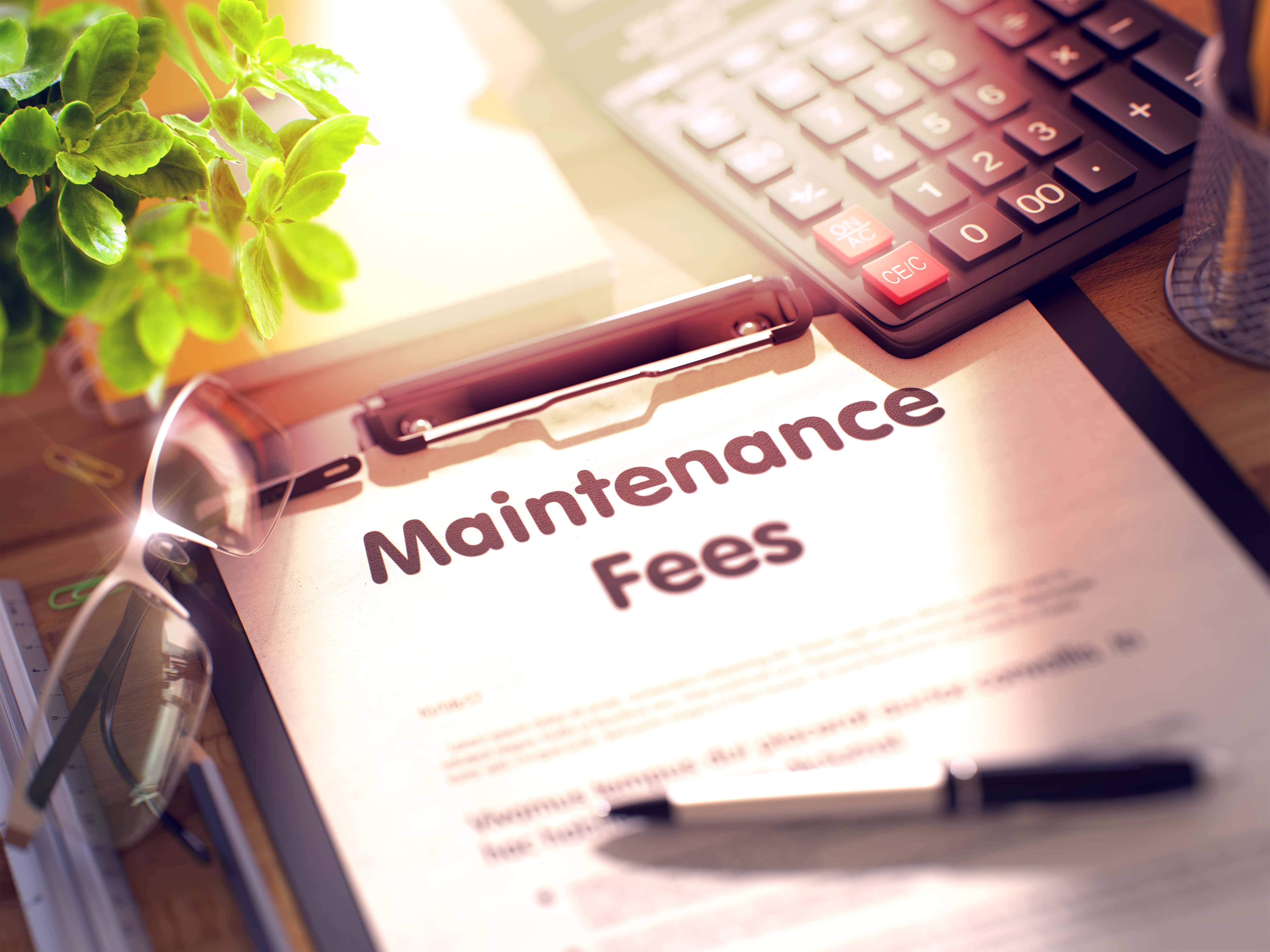Purchasing a home can be both a fantastic and difficult process at the same time. However taking on the big cost of a house in one fell swoop is often difficult for an individual or household to manage. That's where mortgages come in. Generally in exchange for a deposit, a loan provider will give you a home loan to permit you to finance your home with a rate of interest connected.
Similar to other kinds of loans, mortgages need month-to-month payments a procedure called amortization whereby you lower the debt you owe with time. The rate of interest you get will be mostly depending on your credit score, along with the size of your preliminary deposit. Furthermore, if you stop paying your home loan, the lending institution can foreclose on your home.

Down payment requirements vary from lender to lender and loan to loan, however they normally aren't higher than 20%. The primary balance associated with your mortgage is essentially the quantity you owe the loan provider. Lenders won't loan you money totally free. The rates of interest you receive figures out how much extra you'll pay beyond just your primary balance.
Some examples of these are evaluation costs, origination charges and title insurance. Home purchasers who lose on their down payment will likely require to purchase home loan insurance coverage. Depending on the type of loan you get, this might can be found in the type of personal mortgage insurance coverage (PMI) or government loan insurance.
The application procedure asks concerns about elements like your estimated down payment quantity, employment, annual earnings, credit report, possessions and debt. This assists the lending institution identify the optimum loan Great post to read quantity you can get and the conditions under which you'll get it. Residential home mortgages consist of 2 crucial kinds. These are fixed-rate home mortgages and adjustable-rate mortgages (ARMs).

A fixed-rate mortgage requires the debtor to pay the exact same rate of interest throughout the period of the loan. Because of this, property buyers will have the ability to avoid fluctuating market patterns. For the a lot of part, this style of home mortgage features either a 15- or 30-year term. Some lending institutions might have proprietary terms, however.
Then, depending on market adjustments, your rate will modify generally on an annual basis. That makes ARMs considerably more unforeseeable than their fixed-rate counterpart. Here are a couple examples of ARMs: The "5" suggests your preliminary rate will last for 5 years, while the "1" indicates your rate will reset every year.
Aside from basic mortgage types, government companies use their own loans to homebuyers. 3 key federal government agencies offer these services: the Federal Housing Administration (FHA), the U.S. Department of Agriculture (USDA) and the U.S. Department of Veterans Affairs (VA). FHA loans are special because they permit property buyers to pay just a 3.5% deposit, which is far below the basic 20%.
In fact, even those who have declared bankruptcy can get authorized. You can only attain a USDA loan if you're wanting to purchase a home in a "backwoods," which is designated by the USDA itself. These fixed-rate home loans typically include no deposit whatsoever. Since the VA offers these home mortgages, they are entirely readily available to military service-members, retired service-members and some surviving military spouses.
Jumbo loans are non-conforming home mortgages. This indicates that they don't fall within the optimum adhering loan limitations government companies set. More particularly, loans for single-family homes are capped at $484,350. If your home loan surpasses those bounds, you need to get a jumbo loan. If you're prepared to make the delve into homeownership, you'll likely require to get a home mortgage.
There's a large range of companies that fit under this heading, consisting of banks, credit unions and online lending institutions, like Rocket Home loan and SoFi. These lending institutions can then be split into two subcategories: retail lending institutions and direct lenders. The only necessary difference between them is that retail loan providers use financial items beyond just home mortgages, while direct loan providers focus on home loans.
Contrary to the large-scale method made use of by home loan bankers, portfolio lending institutions provide their own cash by their own rules. This could be helpful, as these lenders aren't bound by the same stringent regulations and financier interests that mortgage lenders frequently are. If you need a jumbo loan, it might be easier to get one through a portfolio lender.
Home mortgages from these lending institutions tend to have high interest rates and minimum down payments, however. As a result, investors looking to fix and flip homes on a short-term basis are their most typical consumers. Like their name indicates, wholesale lending institutions offer funding loans to banks, home mortgage brokers and other outside lenders.
Oftentimes, you'll see the name of the wholesale lending institution listed on your mortgage paperwork instead of your broker. When your mortgage is complete, a correspondent https://www.instapaper.com/read/1339531250 lender will aim to offer it to a sponsor, which is an external financier. In order to buy a loan, sponsors must make sure that it meets their criteria.
By offering the mortgages, correspondent lending institutions are essentially ensuring they generate income, as the chance that a homebuyer defaults is removed. Home loans can be actually helpful if you wish to purchase a home and can't manage the total cost upfront. Though the types of lenders that offer them differ, it's ultimately approximately you to decide whether a specific mortgage, or loan provider, is for you.